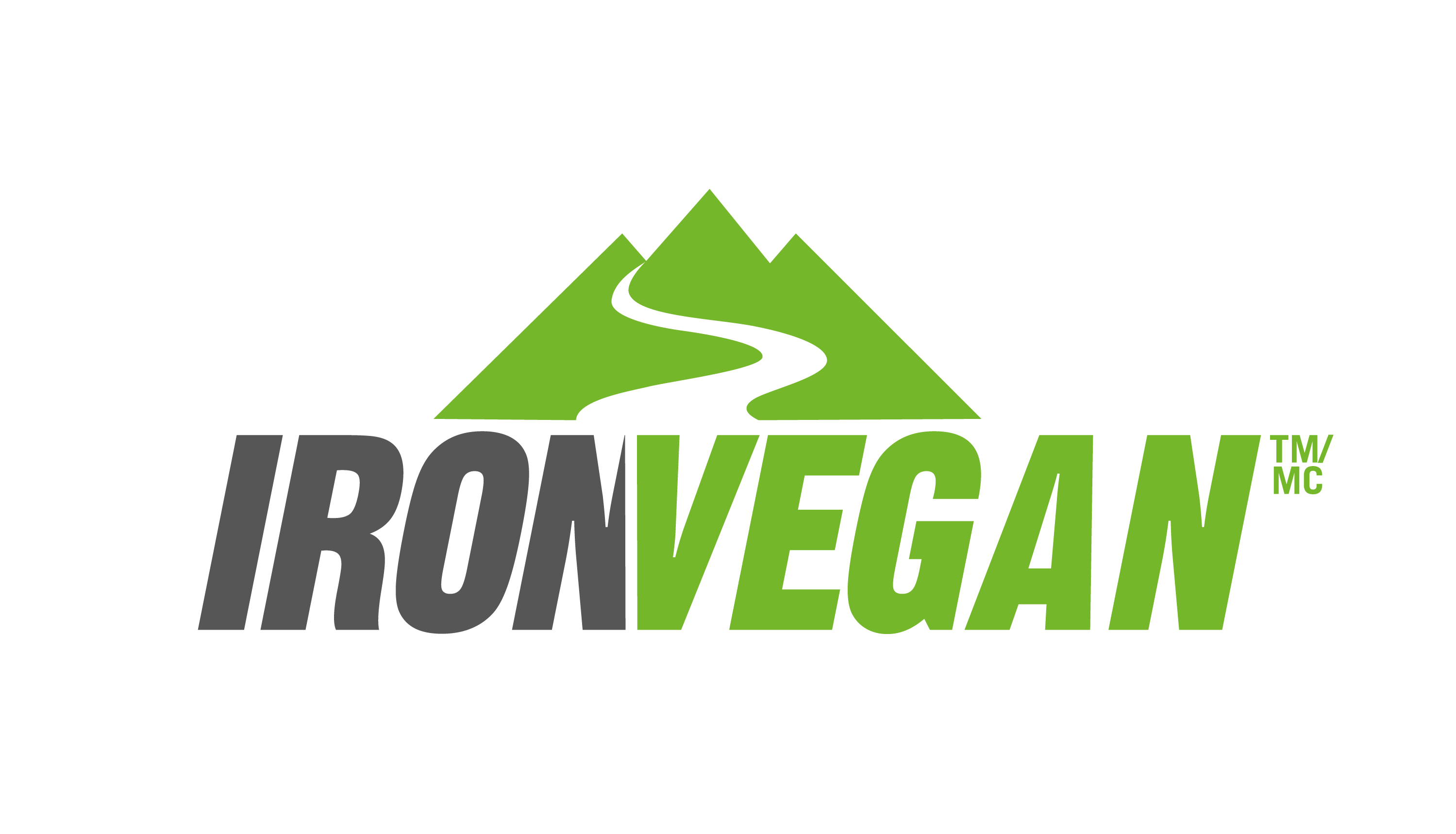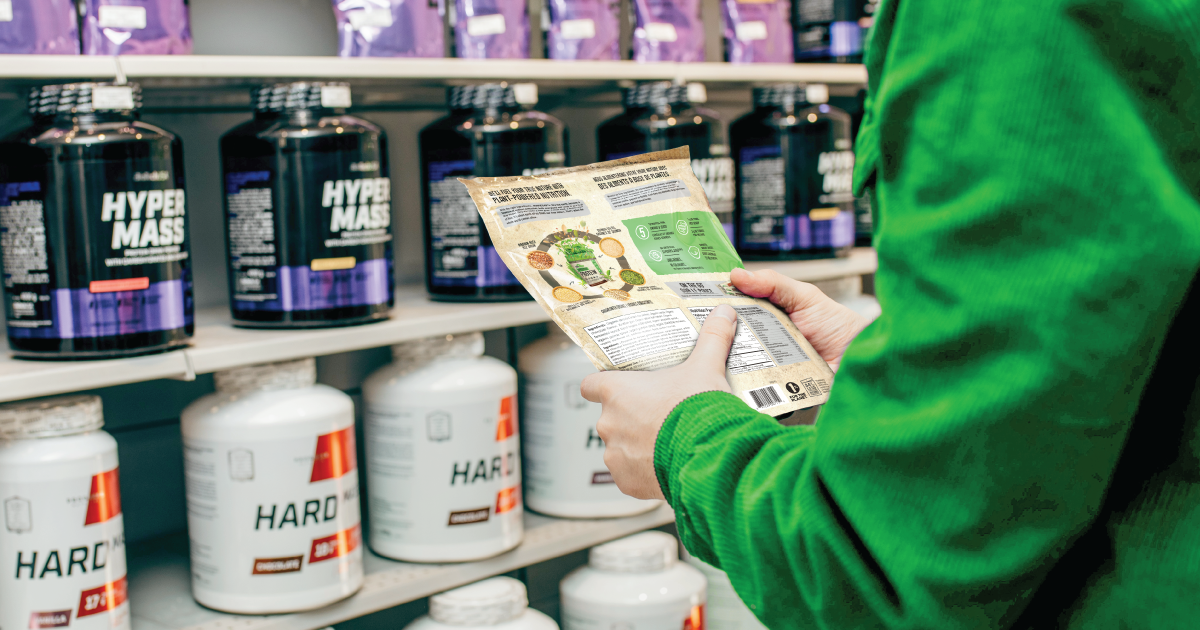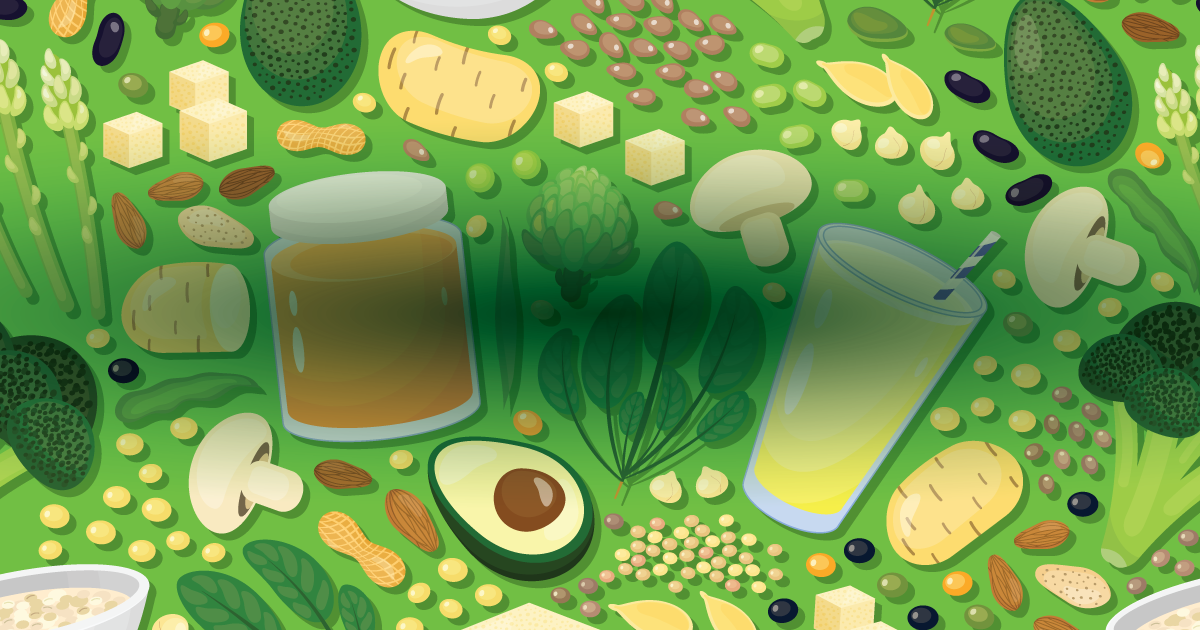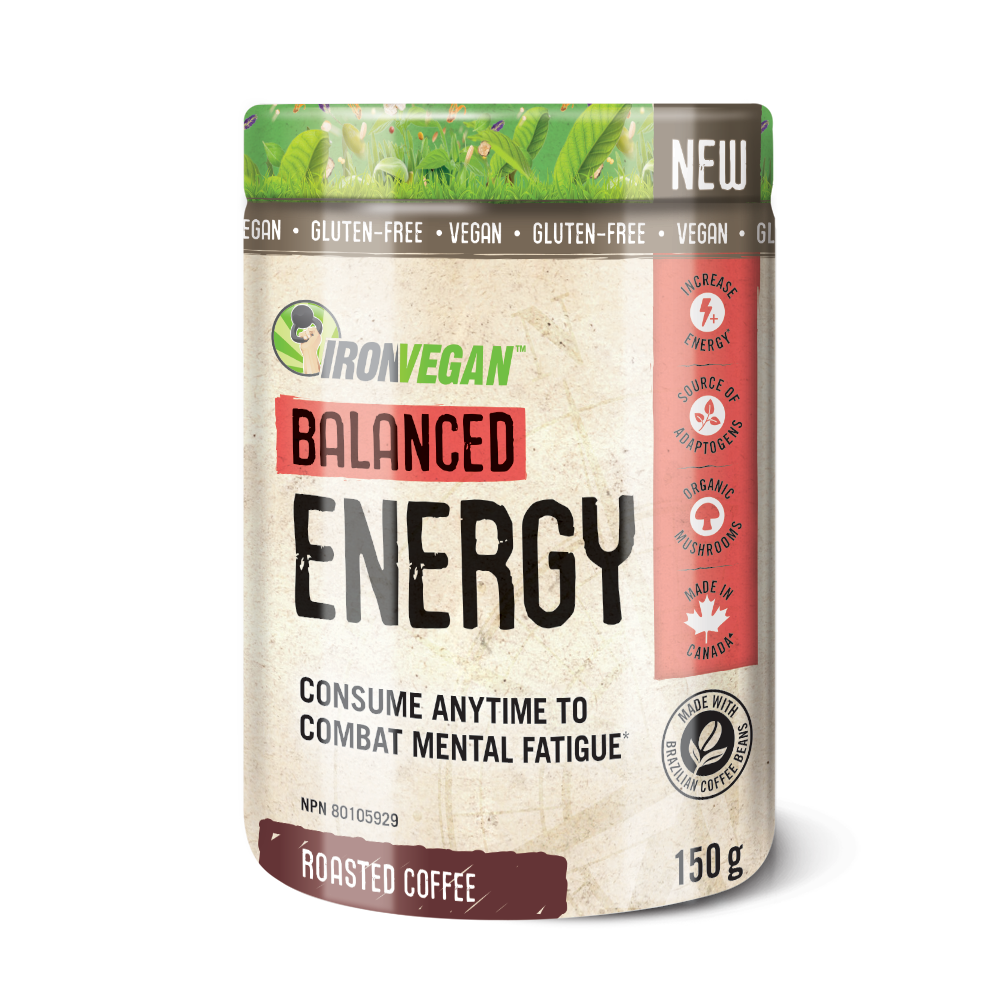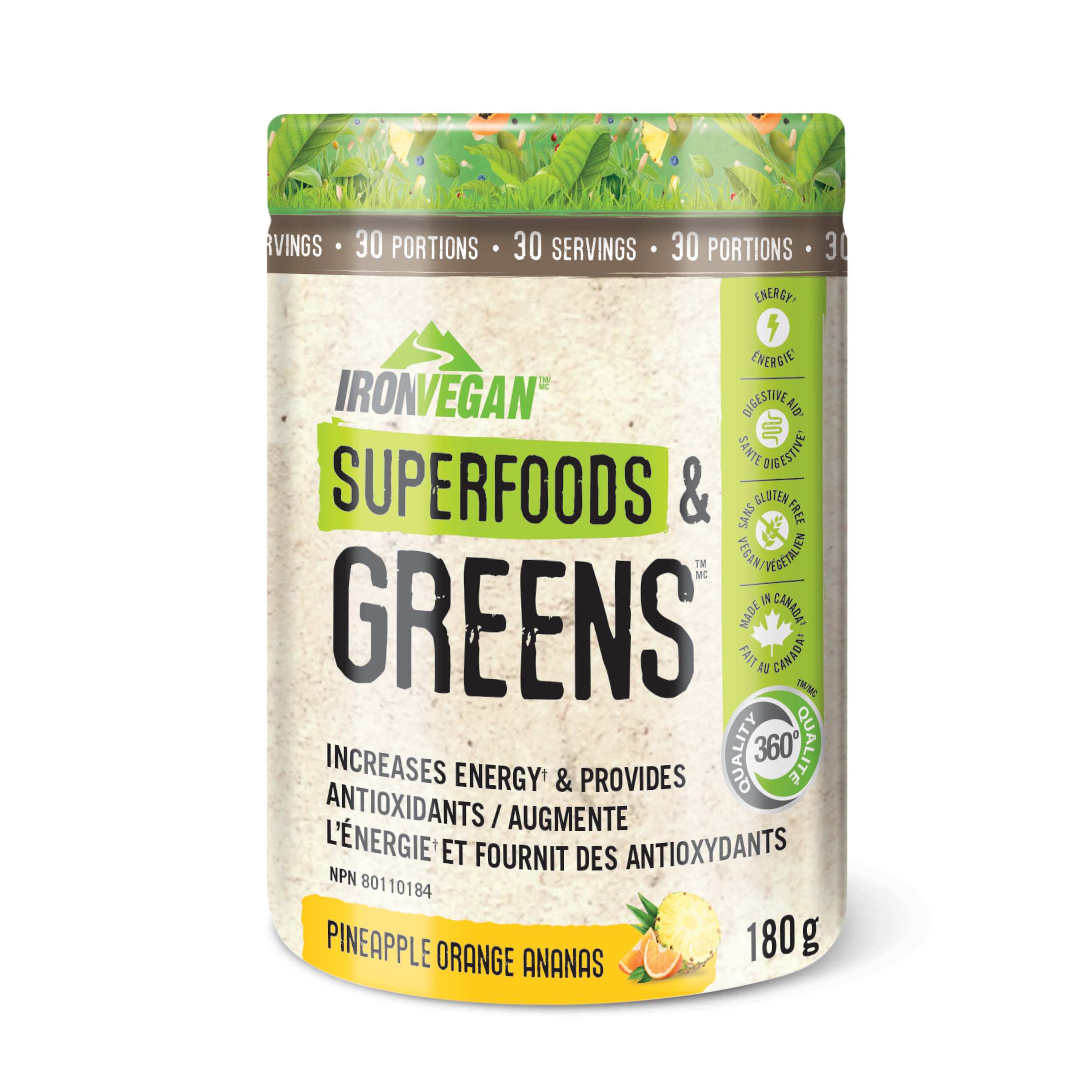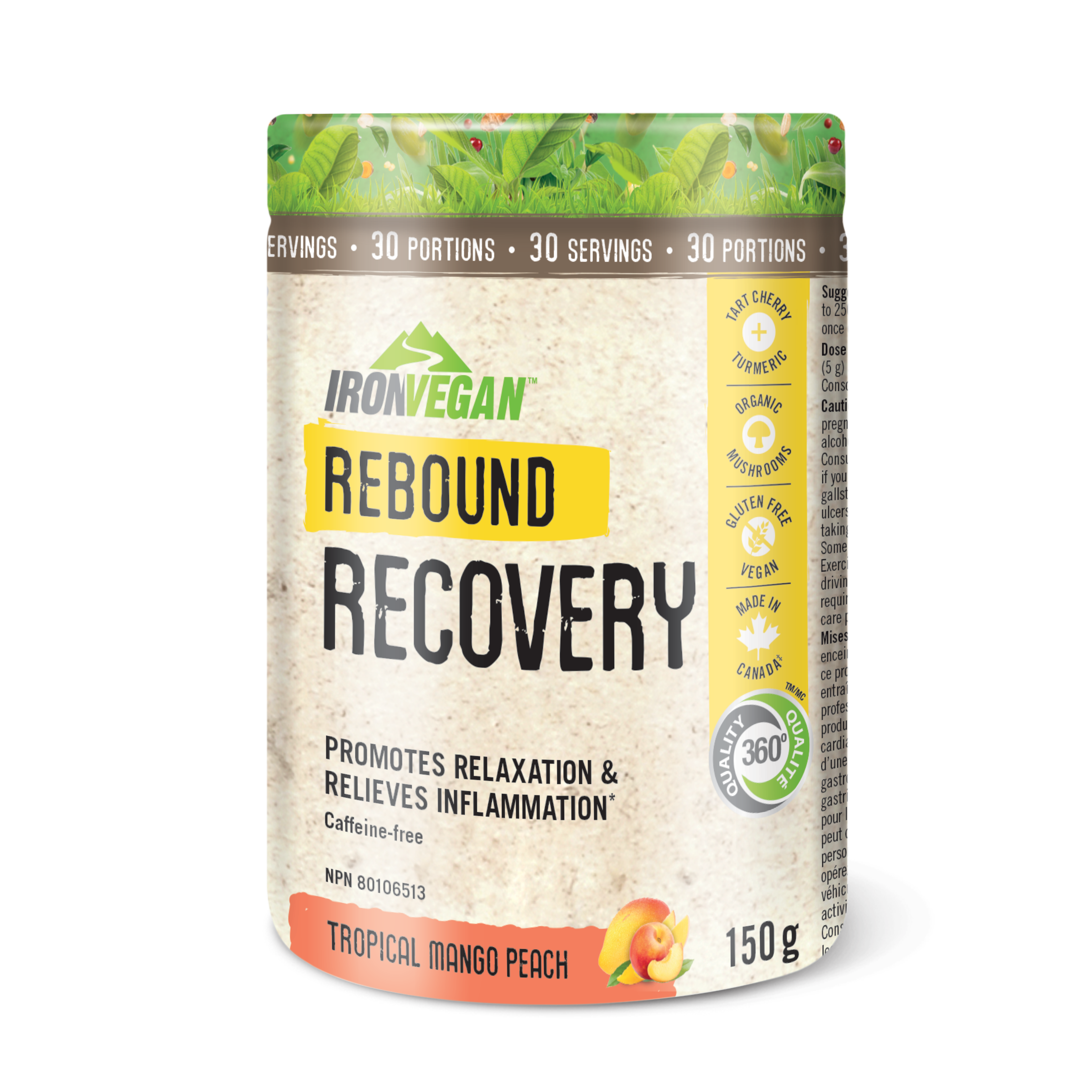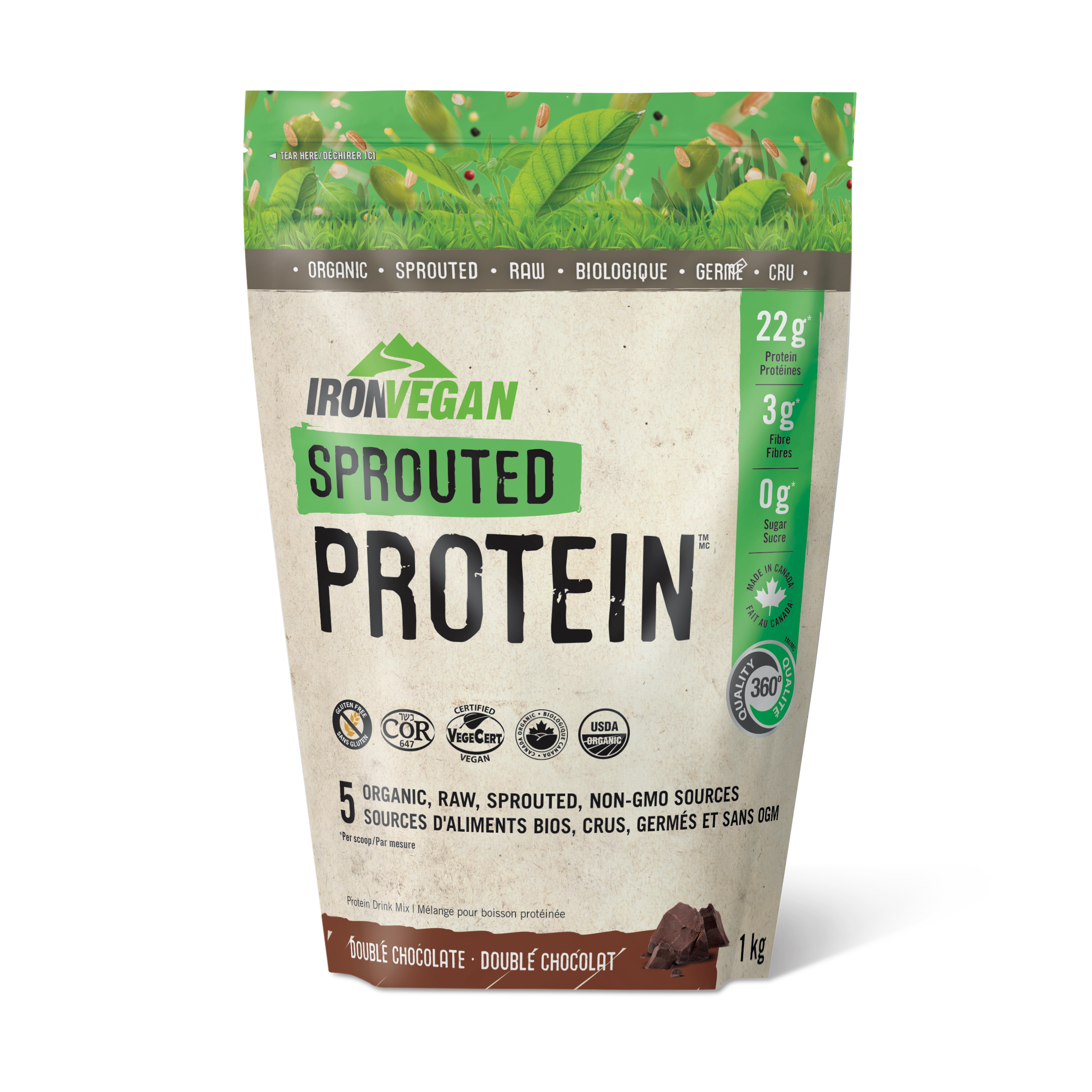Written by Iron Vegan Education Team
Having a flexitarian diet by incorporating more plant-based meals is all the rage right now and while we know there are many benefits to eating more plant-based foods, many people may be hesitant to switch to vegan protein powders based on misinformation, out-dated information or just down-right myths! So let’s debunk some common myths about plant-based proteins right here, right now!
Myth #1: Plant Proteins are incomplete
Fact: Eating a variety of plant-based foods can ensure you’re reaching your protein goals1
The amino acid profile of each protein determines if a protein is complete or incomplete. Amino acids are organic compounds that are the “building blocks” of protein.2 There are 20 different amino acids - eleven of those amino acids are produced by our bodies, and the other nine come from food, making it essential. 1
Complete proteins are foods that contain all nine essential amino acids that our body cannot produce on its own. Complete proteins are mostly animal-based like meat, fish, and dairy.2 While individual plant foods do not boast the same full amino acid profile as many animal-based foods, it’s important to understand that we don’t eat these foods in isolation. When eating a wide variety of plant-based foods, we can easily get enough amino acids to reach even quite high daily protein goals.3 This rings equally true when it comes to vegan protein supplements, but with the right combination of various plant-based proteins, it’s possible to have a complete essential amino acid profile.
Myth #2: PLANT FOODS AND VEGAN PROTEIN SHAKES ARE HARD TO DIGEST
Fact: Sprouted or fermented foods, such as rice are easier to digest4
It is true that SOME plant-based proteins can be hard on the gut for some people; however, specific techniques like fermenting and sprouting can make it easier to digest and more nutritious than before. Sprouting breaks down the anti-nutrients (like phytic acid and gluten) to make the seeds and grains easier to digest, and increases the absorption of certain vitamins, minerals (zinc, iron, and calcium) and fibre. It also significantly increases the protein availability.5,6
Fermentation takes it one step further: it breaks down the anti-nutrients even more. Fermentation is a natural metabolic process using probiotic bacteria and yeast to help preserve food by also improving nutritional qualities and decreasing anti-nutrient content.5
MYTH #3: PLANT PROTEINS DON’T PROVIDE THE PERFORMANCE RESULTS IN MUSCLE GROWTH AND SIZE
Fact: Consuming adequate amounts of plant-based proteins can aid muscle growth and size6
There is no doubt that increased protein intake, combined with resistance exercise, can contribute to greater strength and muscle mass gains, limits age-related muscle loss and can also attribute to overall health and wellbeing.8 Therefore, your source of protein (i.e, complete VS incomplete protein) should be less relevant in comparison to ensuring you’re getting adequate amounts of protein overall. A general recommendation for healthy adults is to eat at least 1.2 g – 1.5 g of protein per kilogram of body weight8- but you may need more depending on your activity level and general health, as well as specific goals you are trying to reach. Your timing of meals is also critical to ensuring proper nutrition absorption, so make sure you’re fueling before and after physical activity, incorporating protein in every meal where possible, and giving your body enough rest in order to build muscle.
It's also important to note that our muscles require both protein and carbohydrates for energy pre-workout (which help us lift better, for longer) as well as for muscle repair post-workout, so providing adequate amounts of both are essential for strength training success. Plant-based proteins such as Iron Vegan’s Sprouted Protein provide the added benefit of being a carbohydrate source as well as a protein source, so you get the best of bother worlds: muscle building protein and energy producing carbohydrates.
But beyond adequate protein consumption, when you track your progress, have a consistent workout regimen, keep track of your macronutrient intake, and focus on whole foods, you can build muscle and stay healthy while eating plant based. It’s important to remember that muscle growth is stimulated by strength training, not just protein intake - so hit the weights and eat plenty of protein-rich plant foods!
MYTH #4: YOU NEED TO BE AN ATHLETE OR HIGHLY ACTIVE TO TAKE PROTEIN POWDERS
Fact: Protein powders are a convenient way to help anyone achieve their daily recommended protein intake
While many people associate protein powders or supplements with athletes or body builders, the fact of the matter is that protein is a key macronutrient that we all require! Protein not only aids in the maintenance of a healthy body weight and muscle growth, but is also supports the immune system, heart health, and bone health.7 If you live a busy lifestyle, you may find it difficult to plan your meals in order to achieve this protein goal. Protein powders are an easy and convenient way to achieve your recommended daily intake of protein, especially when you’re on-the-go!
MYTH #5: VEGAN PROTEIN SUPPLEMENTS TASTE BAD
Fact: Iron Vegan tastes GREAT!
You don’t need to sacrifice taste for gains. Gone are the days of gritty bland plant proteins! Many taste experts and product development leaders have worked together to create a protein powder that is creamy and rich in flavour. Be versatile with the flavours at your disposal - vanilla, chocolate and unflavoured – and add it to not just your smoothies but also favourite snacks like brownies, cookies & more. See our recipe section for more inspiration!
MYTH #6: I HAVE TO BE VEGAN TO CONSUME PLANT-BASED PROTEIN POWDERS
Fact: You do NOT have to be vegan to enjoy plant-based protein powders!
Whether you are a self-certified “meat-lover”, a flexitarian or a vegan, Iron Vegan can fit into your lifestyle. Our only goal is to make high-quality, sustainable, great tasting sprouted protein for EVERYONE to enjoy!
References:
- Hertzler, S. R., Lieblein-Boff, J. C., Weiler, M., & Allgeier, C. (2020). Plant Proteins: Assessing Their Nutritional Quality and Effects on Health and Physical Function. Nutrients, 12(12), 3704. https://doi.org/10.3390/nu12123704
- Team, W. (2022, December 9). What's a complete protein and should you care? Cleveland Clinic. Retrieved December 20, 2022, from https://health.clevelandclinic.org/do-i-need-to-worry-about-eating-complete-proteins/
- Gupta, R. K., Gangoliya, S. S., & Singh, N. K. (2015). Reduction of phytic acid and enhancement of bioavailable micronutrients in food grains. Journal of food science and technology, 52(2), 676–684. https://doi.org/10.1007/s13197-013-097 2
- Hyun-Jung Chung et al (2012) In vitro starch digestibility and pasting properties of germinated brown rice after hydrothermal treatments, Journal of Cereal Science, Volume 56, Issue 2, Pages 451-456, ISSN 0733-5210, https://doi.org/10.1016/j.jcs.2012.03.010
- Carbone JW, Pasiakos SM. Dietary Protein and Muscle Mass: Translating Science to Application and Health Benefit. Nutrients. 2019 May 22;11(5):1136. doi: 10.3390/nu11051136. PMID: 31121843; PMCID: PMC6566799.
- Carbone, J. W., & Pasiakos, S. M. (2019). Dietary Protein and Muscle Mass: Translating Science to Application and Health Benefit. Nutrients, 11(5), 1136. https://doi.org/10.3390/nu11051136
- The Nutrition Source. (2021, November 12). Retrieved December 20, 2022, from https://www.hsph.harvard.edu/nutritionsource/what-should-you-eat/protein/#protein-research
- Optimal Protein Intake Guide. Examine. (n.d.). Retrieved December 20, 2022, from https://examine.com/guides/protein-intake/
